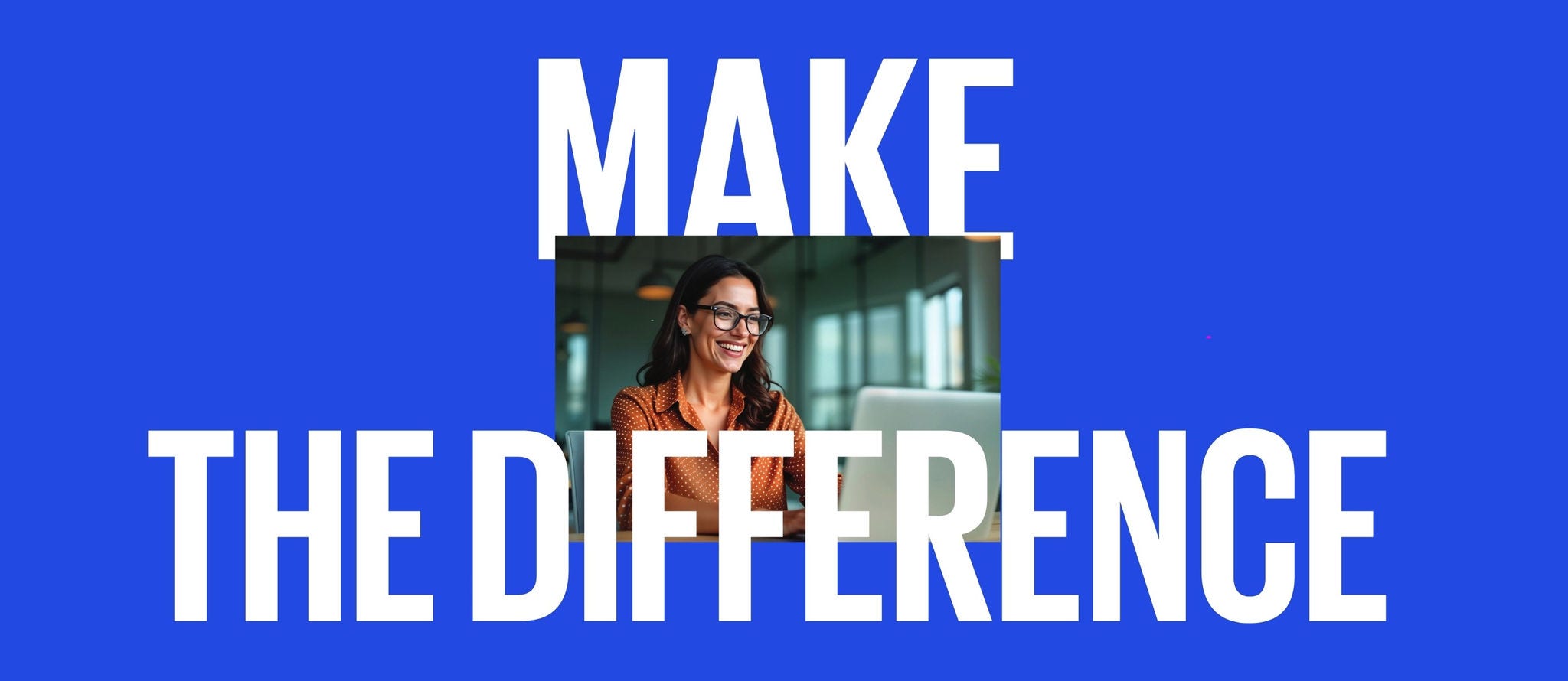We’re committed to creating a culture that enables our people and firm to thrive.
We listen to feedback and continually monitor our progress against key areas to identify what’s working and where we need to take further steps to improve.
There are five important elements to building our culture.
Our values guide everything we do
Our success and reputation depend on our people doing the right thing. Our Code of Conduct, which has been reviewed by the Institute of Business Ethics, provides guidance on how we bring our culture ambition to life through living our values, navigating ethical decisions, and speaking up if our employees witness anything of concern.
Built on the foundation of our values, our Code is our guide to how we build trust through the way that we work and by doing the right thing. It also sets out the professional and ethical standards expected of everyone who works at KPMG; this includes our profession’s core conduct standards, as set out by the ICAEW’s Code of Ethics.
Our values help us make ethical decisions showing our clients, audited entities and stakeholders what we believe in and what matters to us.
Our values are the foundation of what we do, who we are, what we stand for, how we act, and the decisions we take. They’re at the heart of our culture ambition, and it’s vital that we are all equipped to demonstrate our values in our day-to-day work.

Our values in action
For the past three years, our UK Partners have delivered Our Values in Action sessions to their teams to celebrate our values, make sure everyone understands how critical they are to delivering our strategy, and continue to foster a culture where our people can thrive.
These sessions deliberately create the space for colleagues to have regular conversations about our values, bringing them to life so they are more than just words on a page.
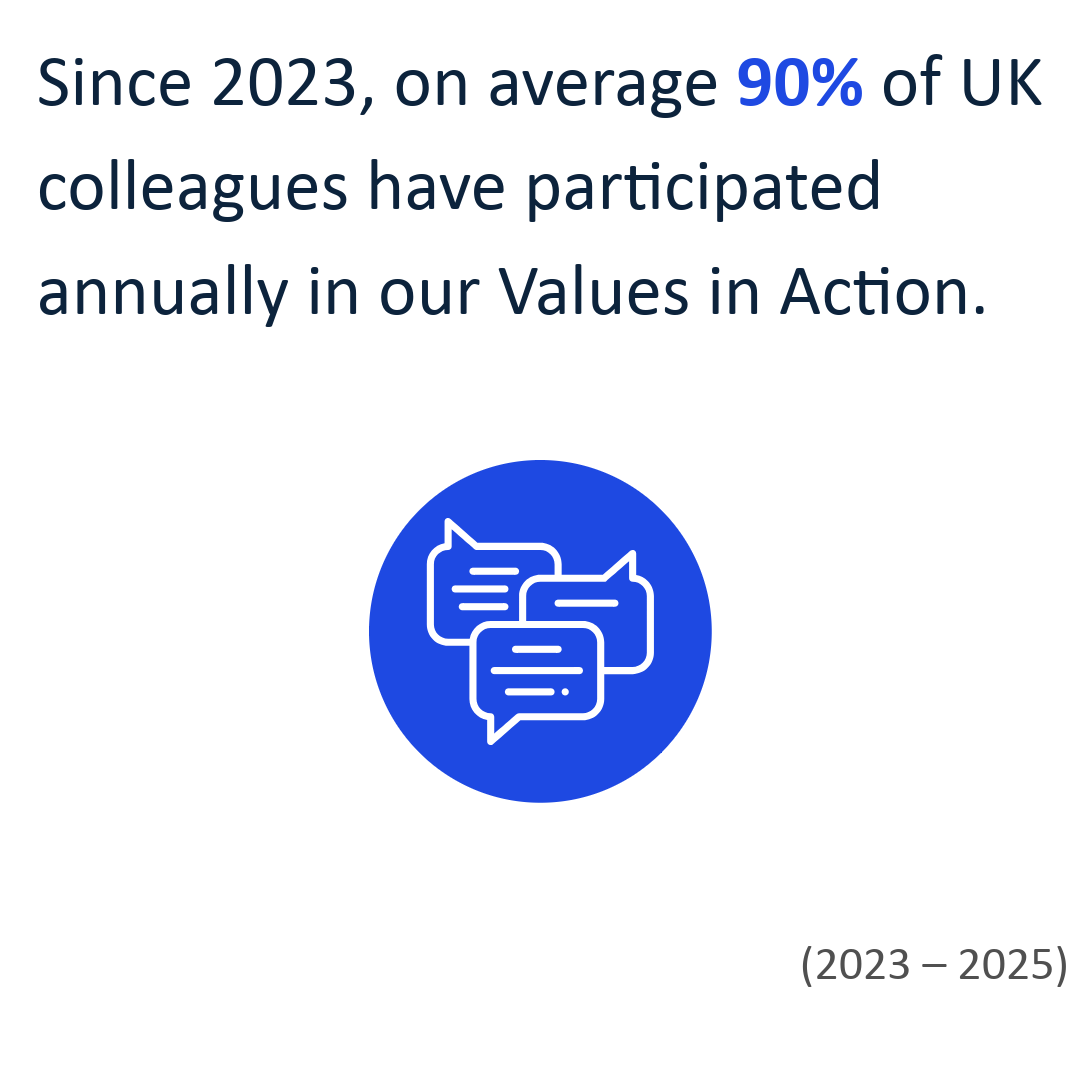
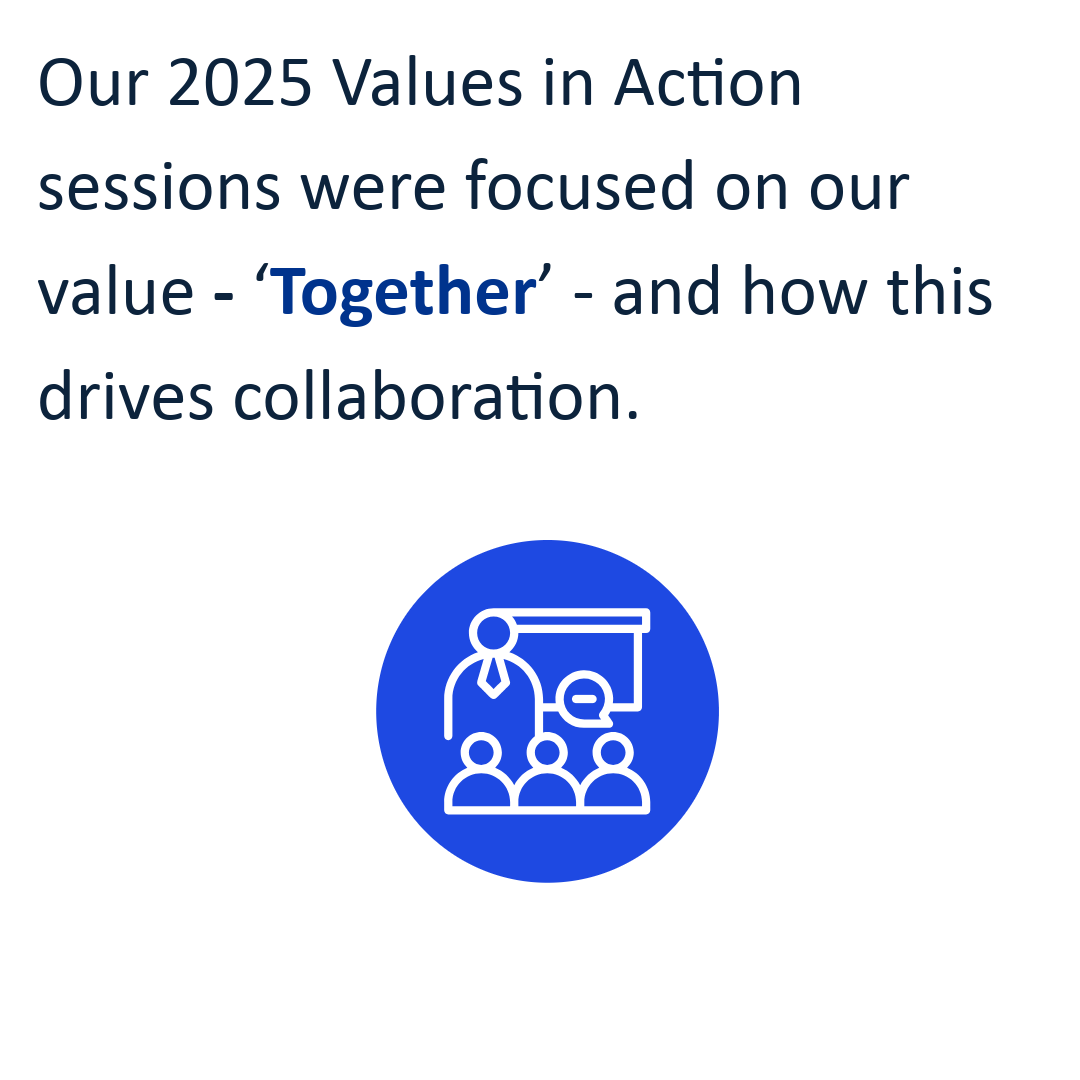
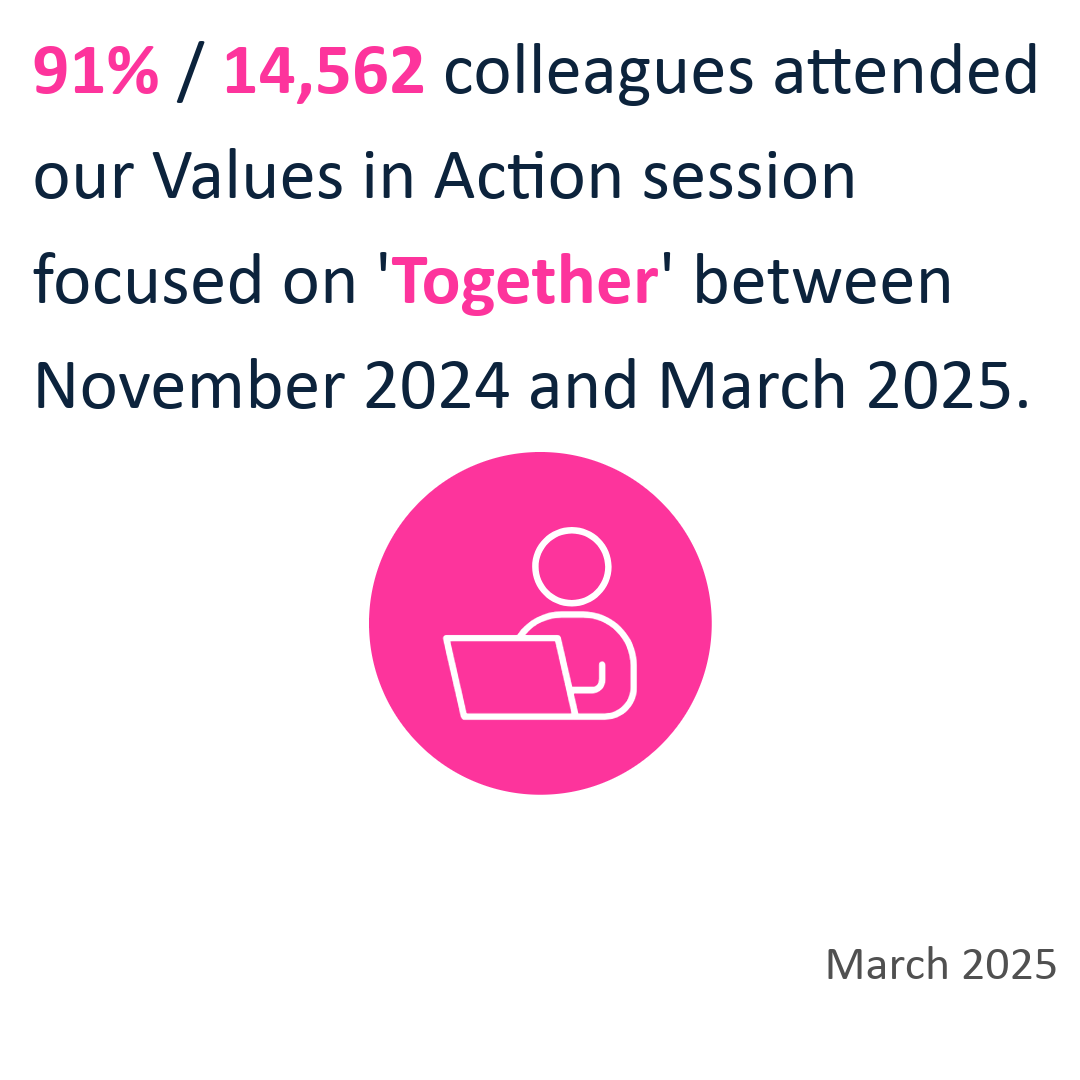
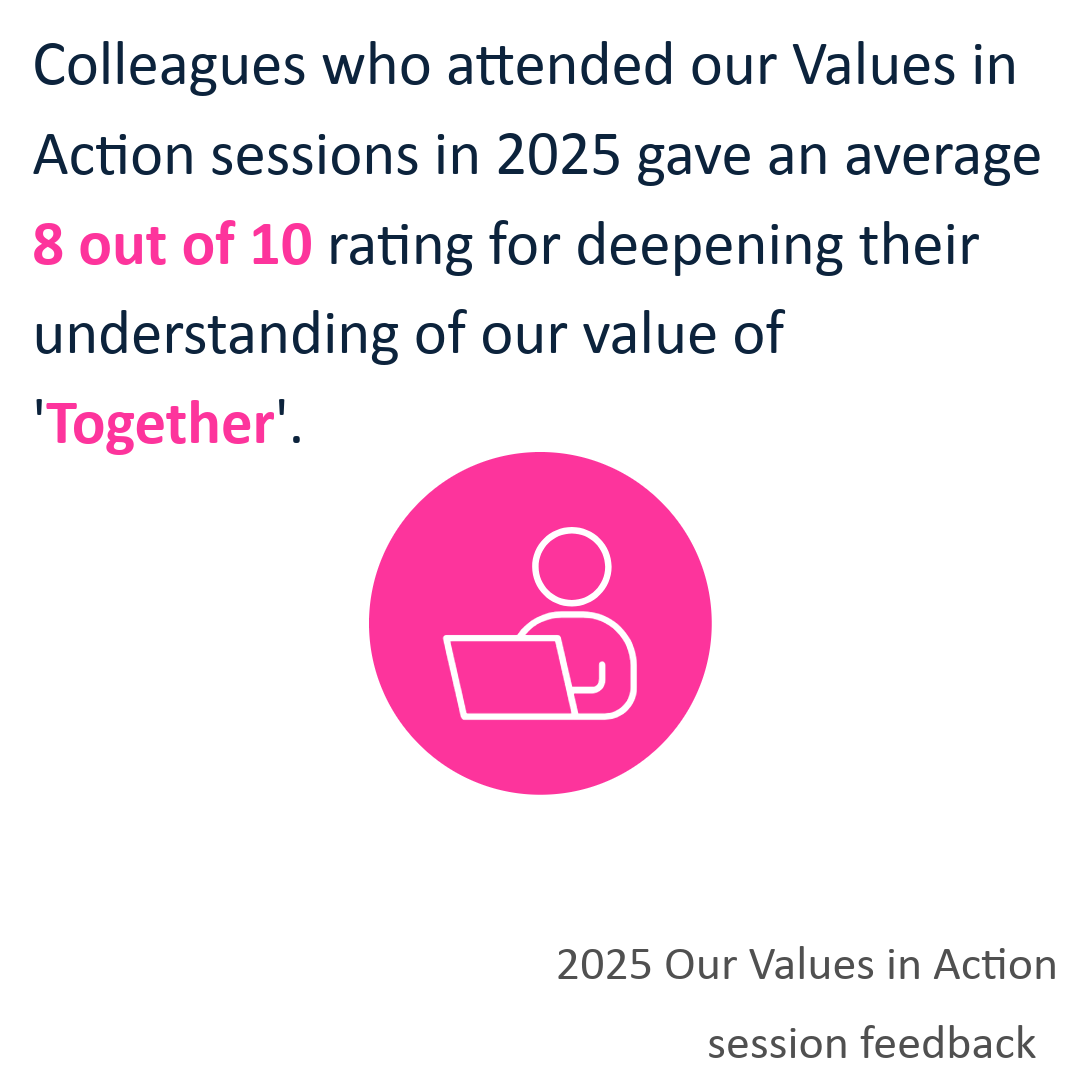
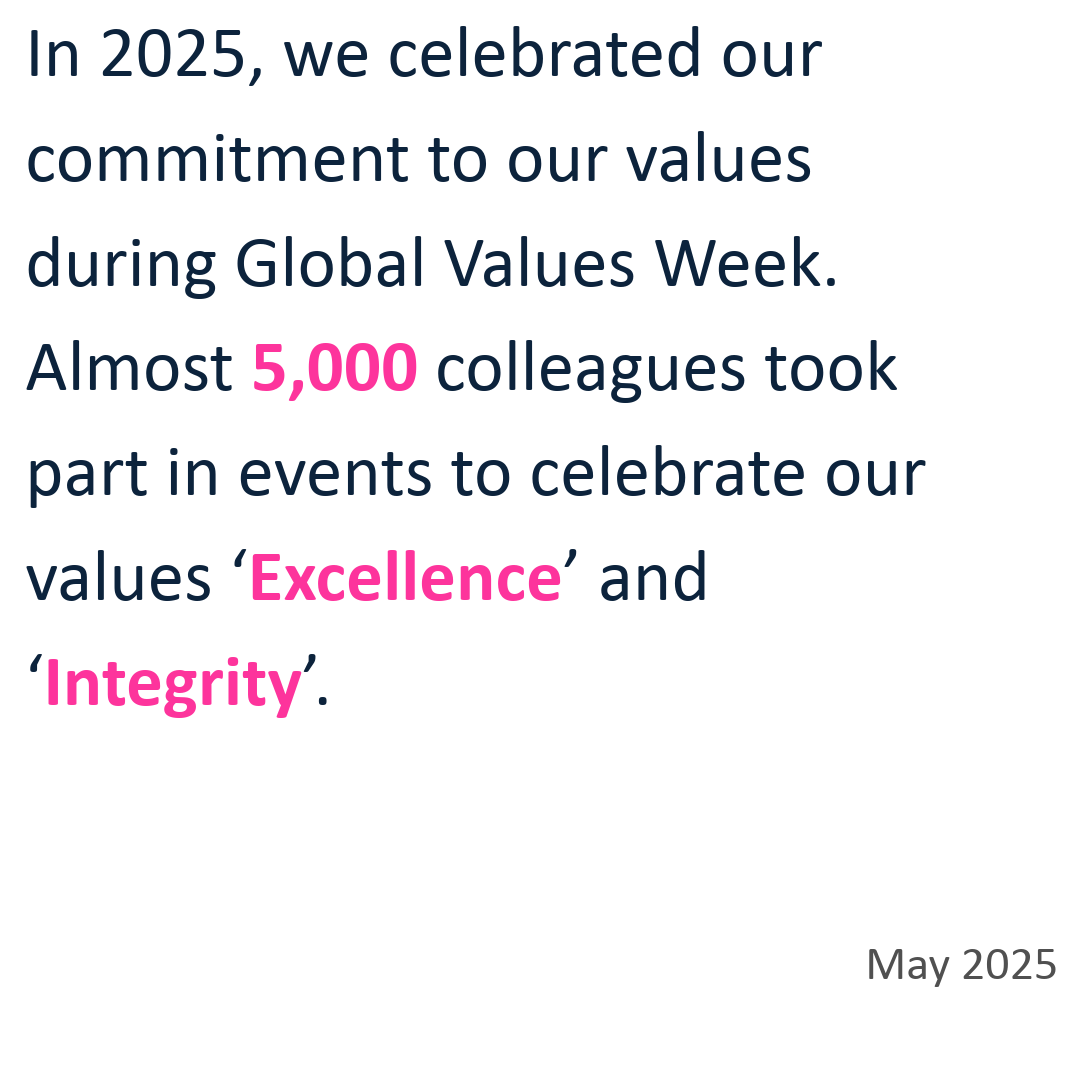
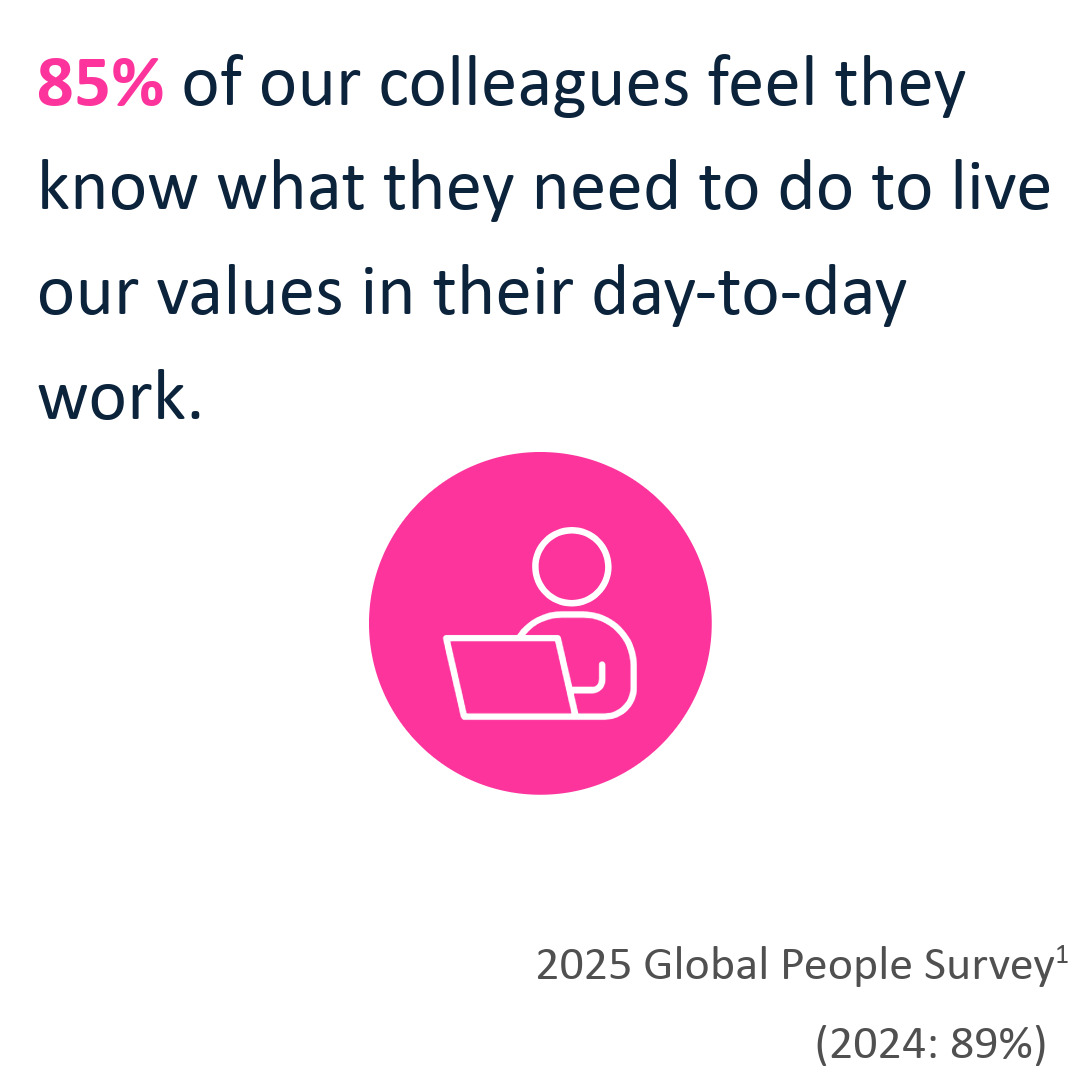
Creating an open, safe and inclusive environment
We are committed to creating an environment where our people feel they can speak up without fear of retaliation.
Where our people feel they will be listened to, and their concerns acted on. Where colleagues can thrive and reach their full potential, whatever their identity or background.
An open evironment
We have a number of programmes in place where our people have the opportunity to share their thoughts and ideas, both with our Leadership team and fellow colleagues.
We run an annual Global People Survey, and regular pulse surveys, so that our people can share their thoughts on a range of topics related to working at KPMG.
Annually, over 10,000 colleagues share their experience of working at KPMG.
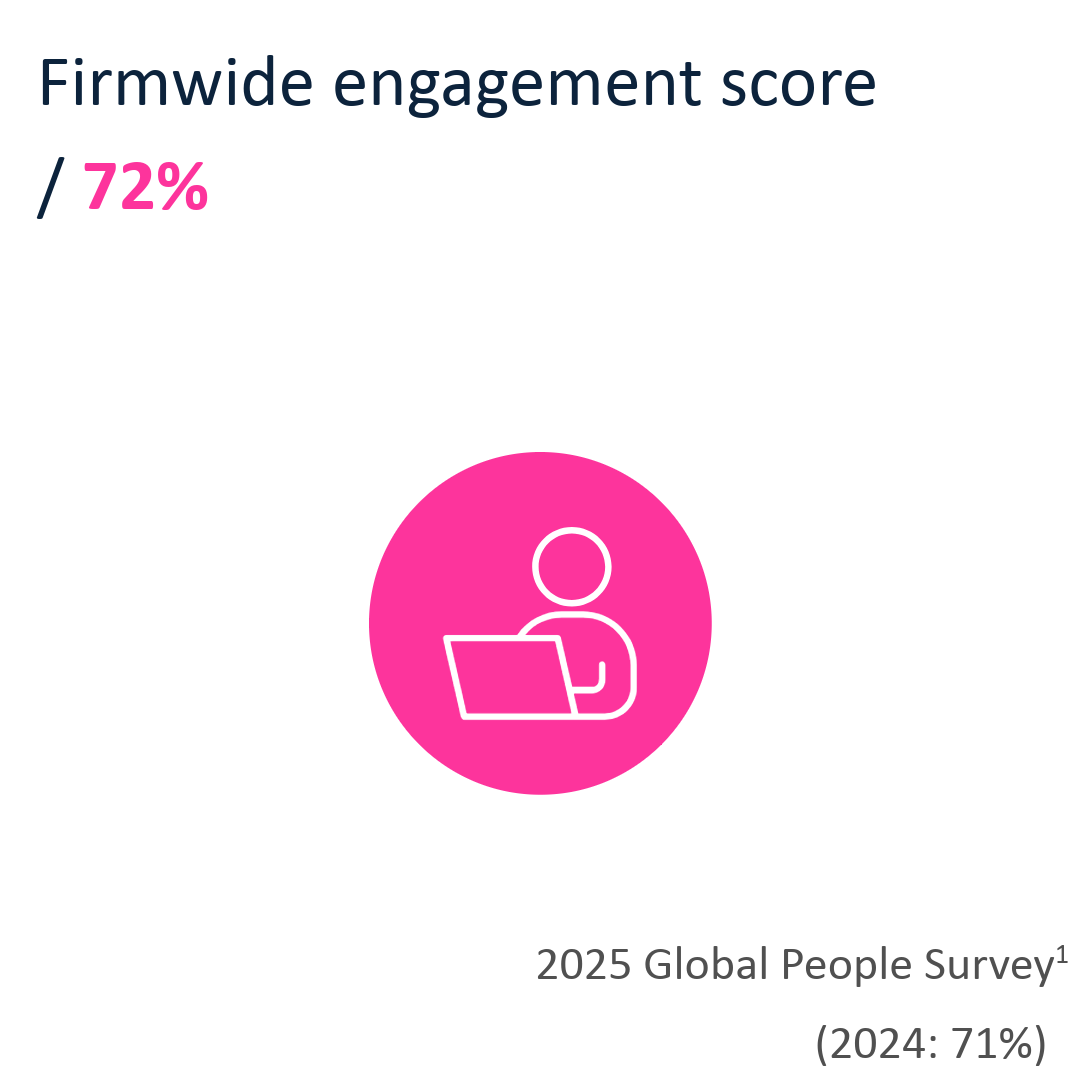
We encourage our people to speak up whenever they have concerns about unethical practices or individuals not living Our Values. There are multiple ways our people can speak up, including through our network of Ethics Champions and via our Speak Up Hotline.
Equally important is our firm’s responsibility to listen. We take this seriously and provide several mechanisms to support our commitment to listening.
We also have robust processes and controls to ensure that we support our people when they have raised issues, without the fear of retaliation. Our zero-tolerance approach to retaliation is enshrined in policy and clearly communicated to all colleagues. To reinforce this, we’ve invested in a bespoke tool to monitor for signs of retaliation, and disciplinary action will be taken against anyone found to retaliate in any way against someone who has raised a concern.
To maintain trust and transparency, we have commissioned independent reviews of our Speak Up processes. This includes a six-monthly report from our independent ombudsman and in 2023 an external benchmarking by Protect, the UK’s leading authority on whistleblowing. This ensures our approach aligns with industry best practice.
Ethics Champions
With over 100 Ethics Champions across the UK firm, available to all colleagues regardless of location or role, our people have accessible, highly-trained support to report or discuss ethical concerns.
Our Ethics Champions play an important role in helping to identify and address poor ethical practices.
Speak Up Hotline
Our Speak Up Hotline is a secure and confidential channel for our colleagues to share their concerns.
It is overseen by an independent ombudsman, who monitors the operation of the hotline and reports formally to our UK Board on the effectiveness of the firm’s investigations into the reports received.
Colleagues can check in to see the progress of their report at any time.
Other routes to speaking up
To guide our colleagues on the best route for raising their concerns, we provide information on all speak up routes via our internal website, regular reminders, and annual training.
We recognise that speaking up takes courage. We remind our colleagues of the wellbeing support available to them to support them during this process, for example, our independent Employee Assistance Programme.
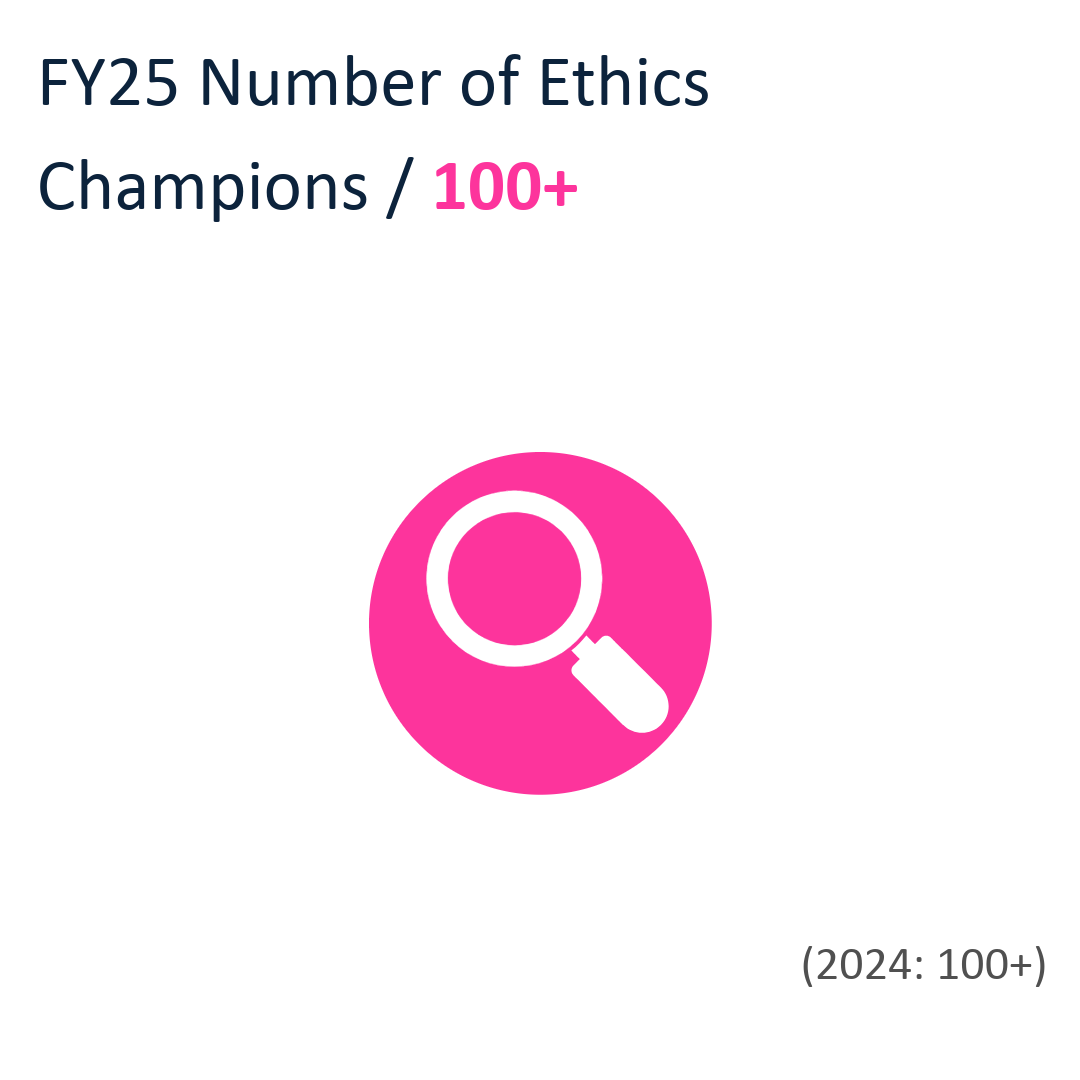
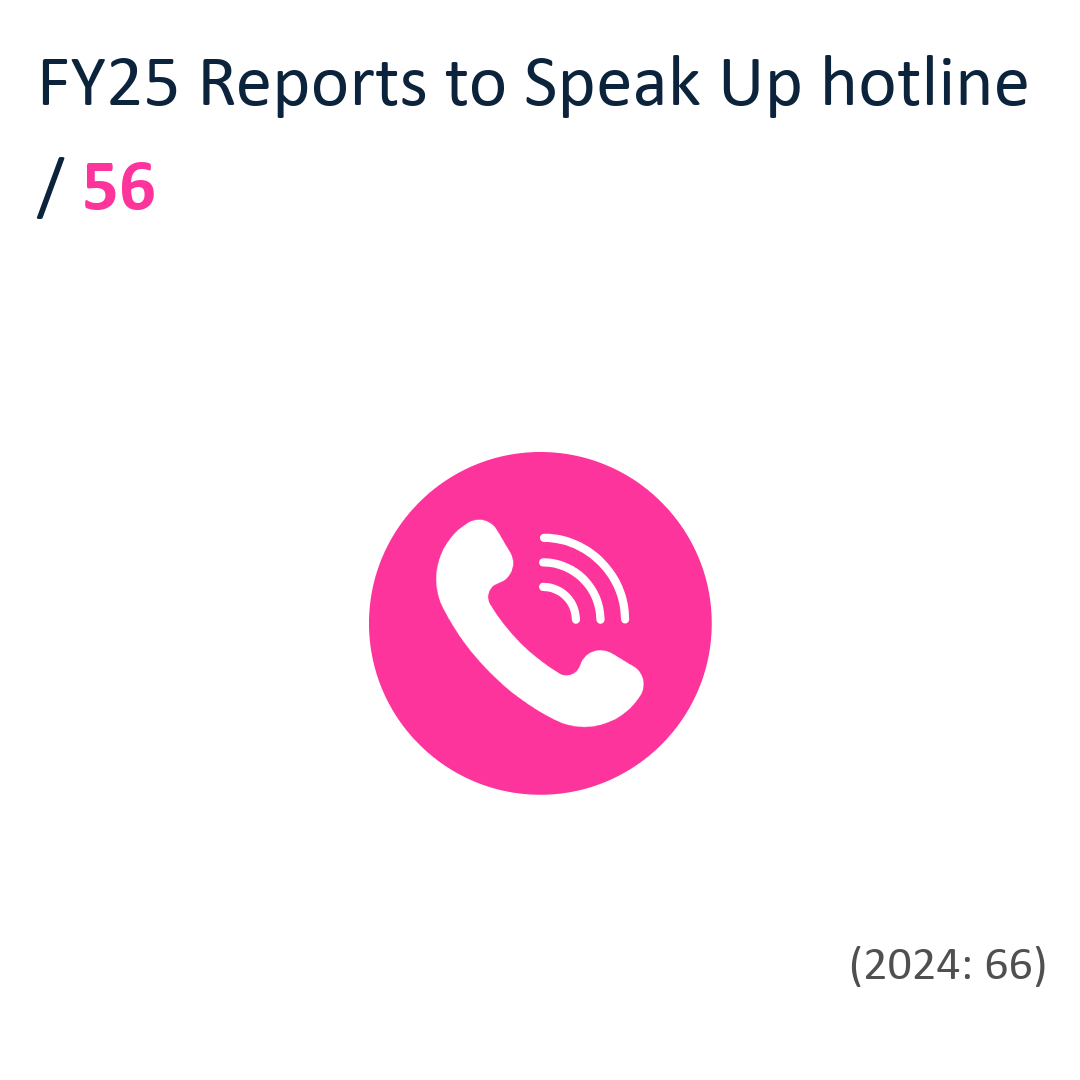
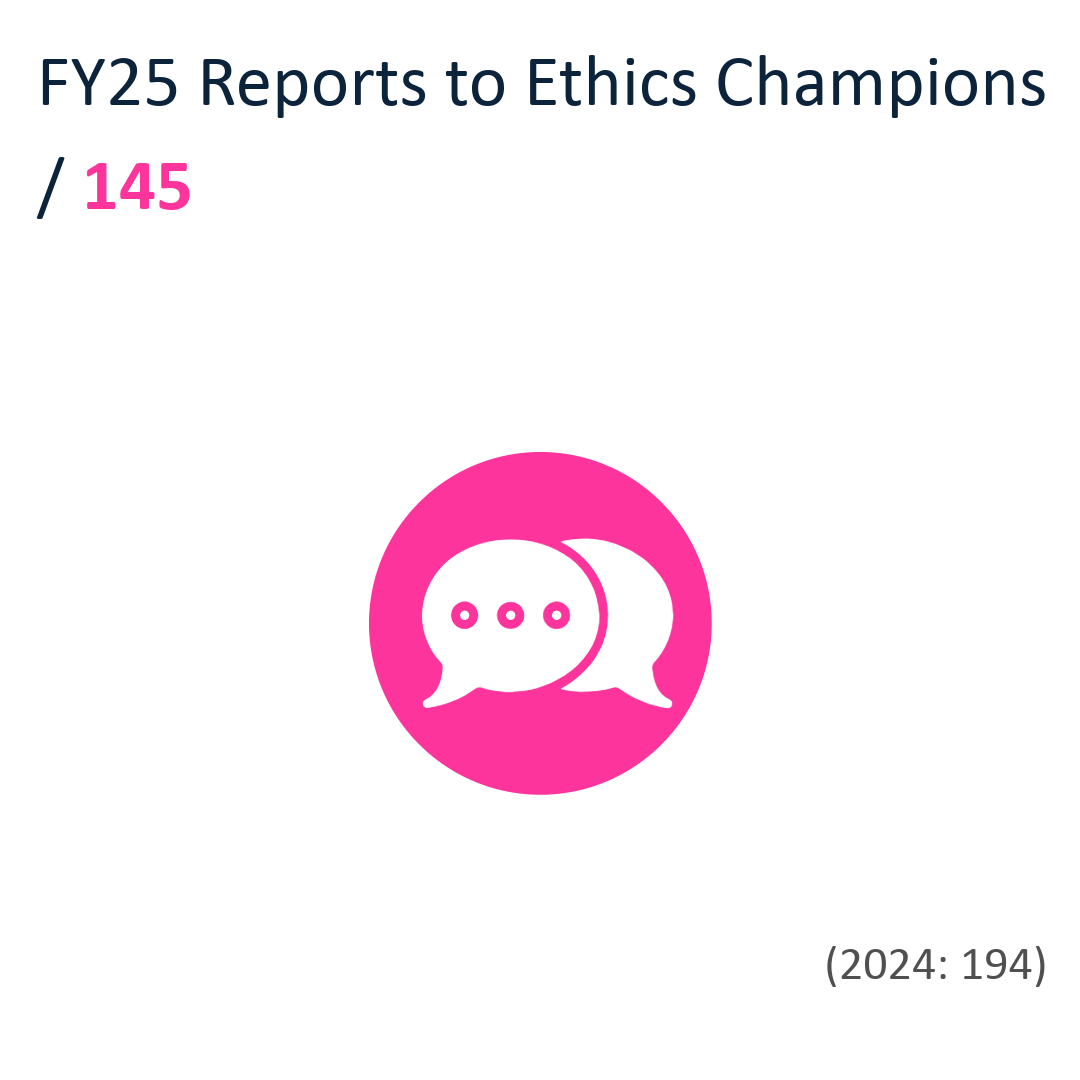
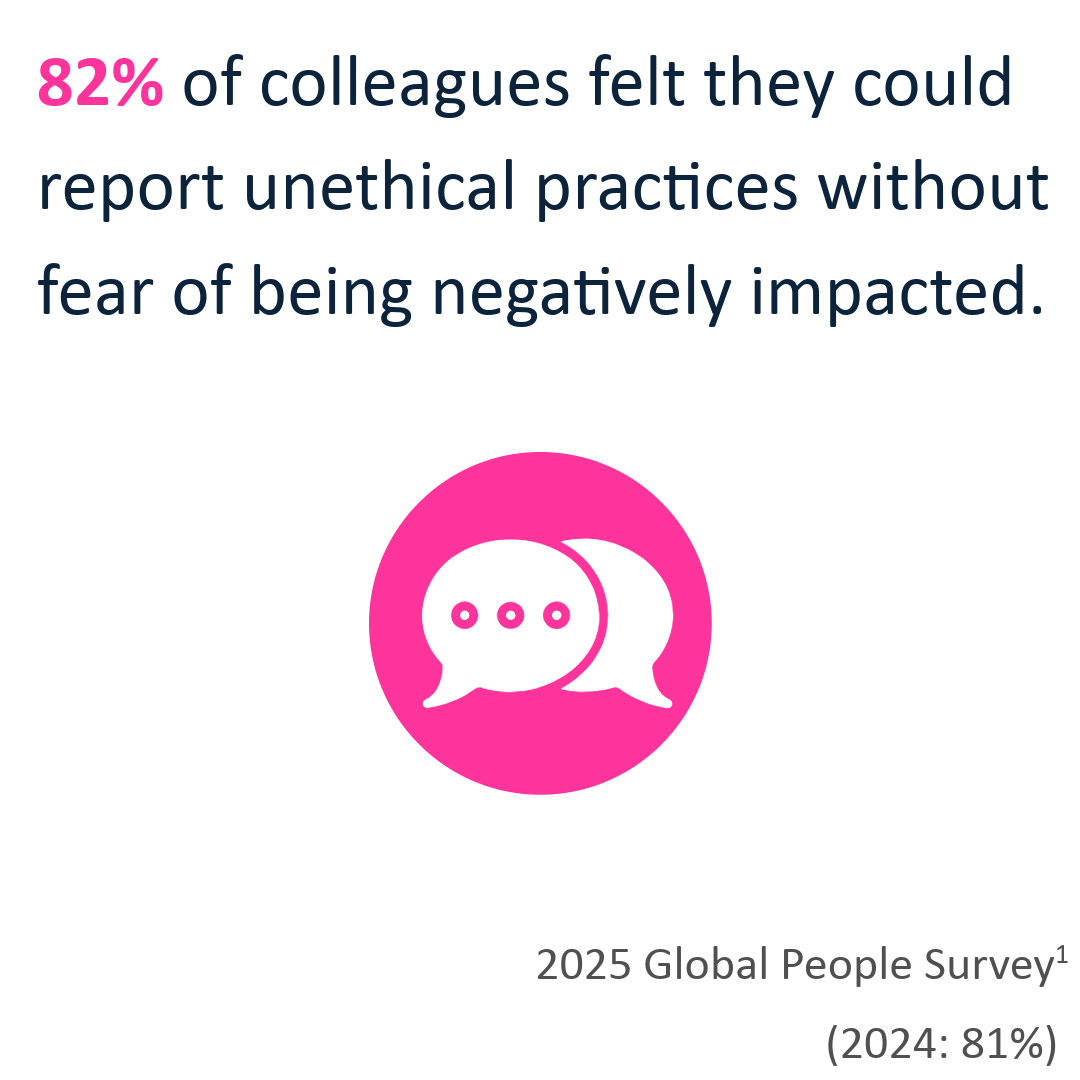
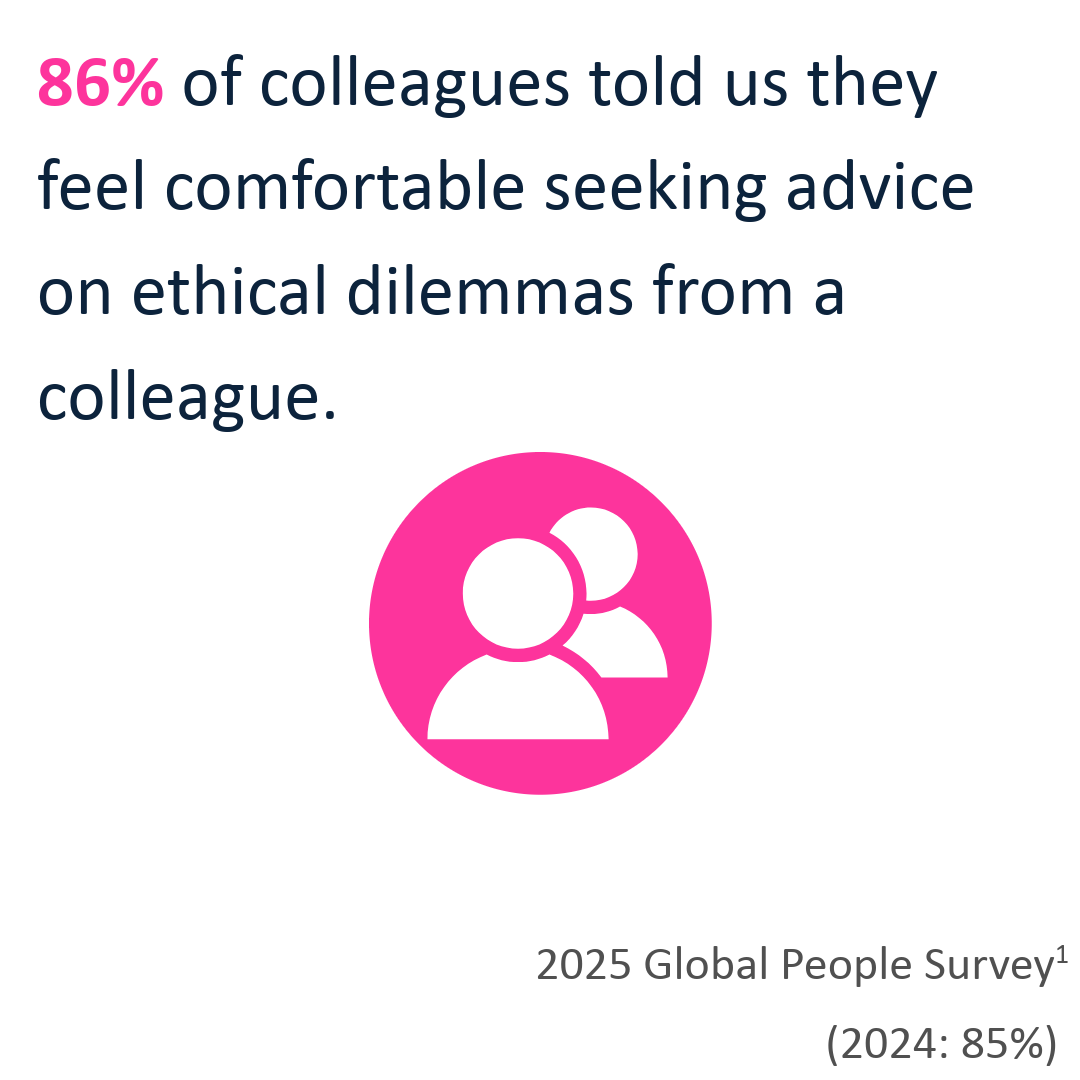
We’re committed to creating a culture where all colleagues thrive and reach their full potential, whatever their identity or background. Our Inclusion, Diversity and Equity plan – Our KPMG: A Fairer Future for All, is designed to create an inclusive environment, equitable experiences and accountable leaders.
We’re working to create a safe environment built on trust, where we can come as we are and feel valued for our differences. We are upskilling our colleagues to be active allies in building an inclusive culture across our firm. This includes our refreshed mandatory Inclusion, Diversity and Equity training for our people and Partners, which is built around our colleagues’ lived experience. This learning is designed to challenge how we see and perceive the world around us, supporting the development of an open, safe and inclusive culture. We also launched mandatory sexual harassment training in 2024 and have a series of resources available to support colleagues in an evolving workplace.
Our 16 Inclusion, Diversity and Equity Employee Networks are open to all and provide a sense of community and learning experiences for those who want to increase their own awareness or become an ally. This year, to mark National Inclusion Week, we hosted an event which celebrated the real life impact our networks have in creating an inclusive environment. Our networks, and supporting communities provide targeted support to colleagues. This year, we hosted our first inter-faith event with all our faith-based networks and our Be Safe community have led a campaign to provide more support to those experiencing gender-based violence.
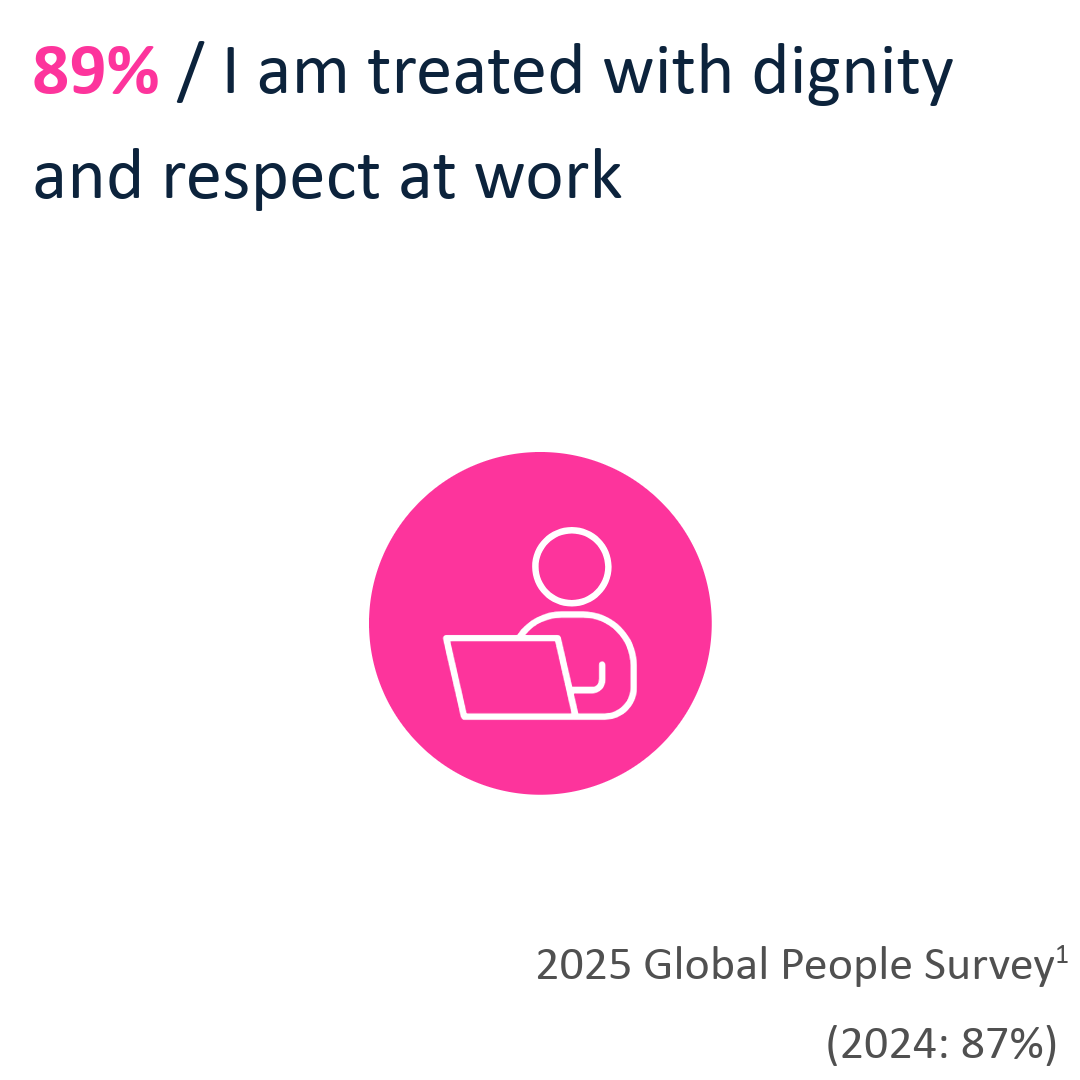
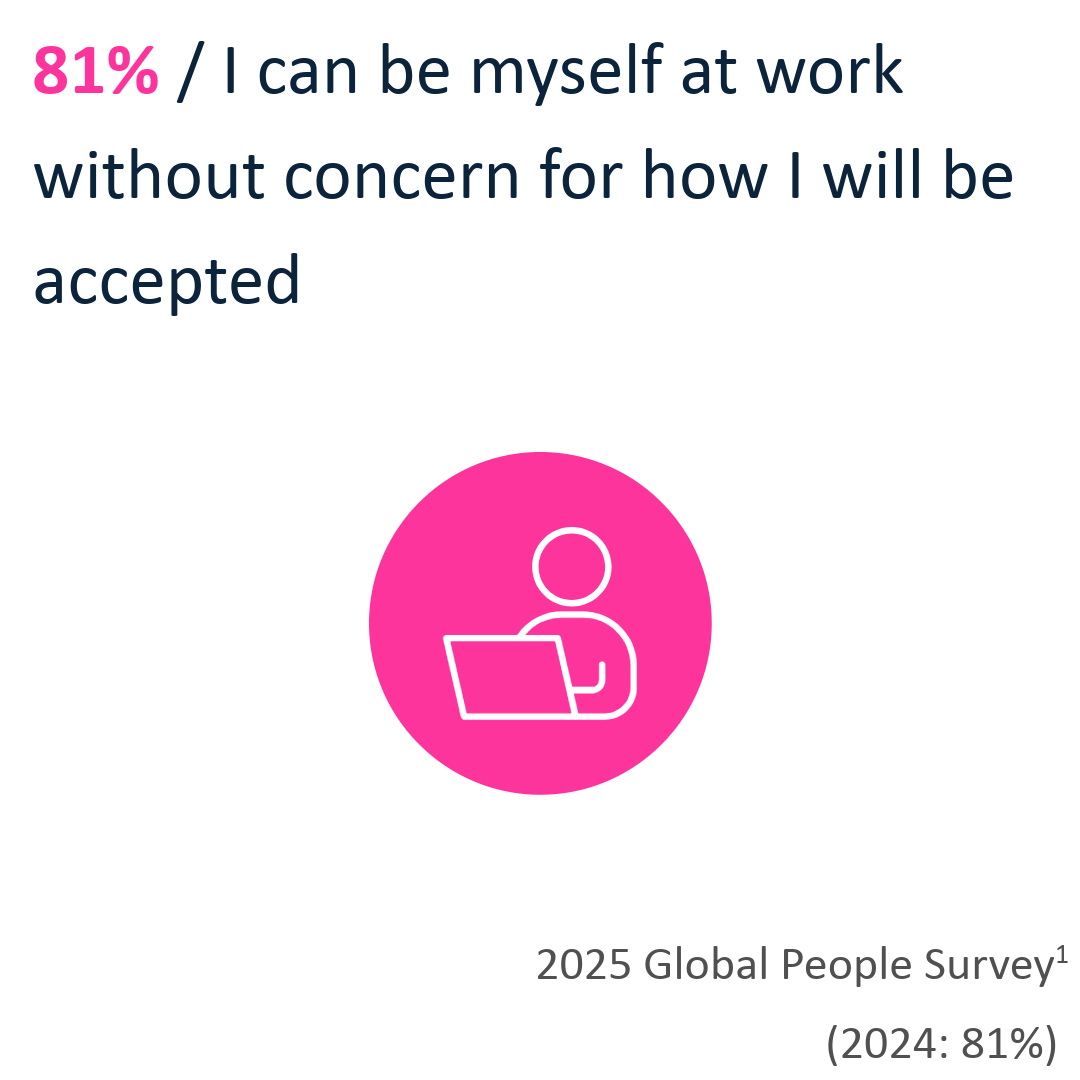
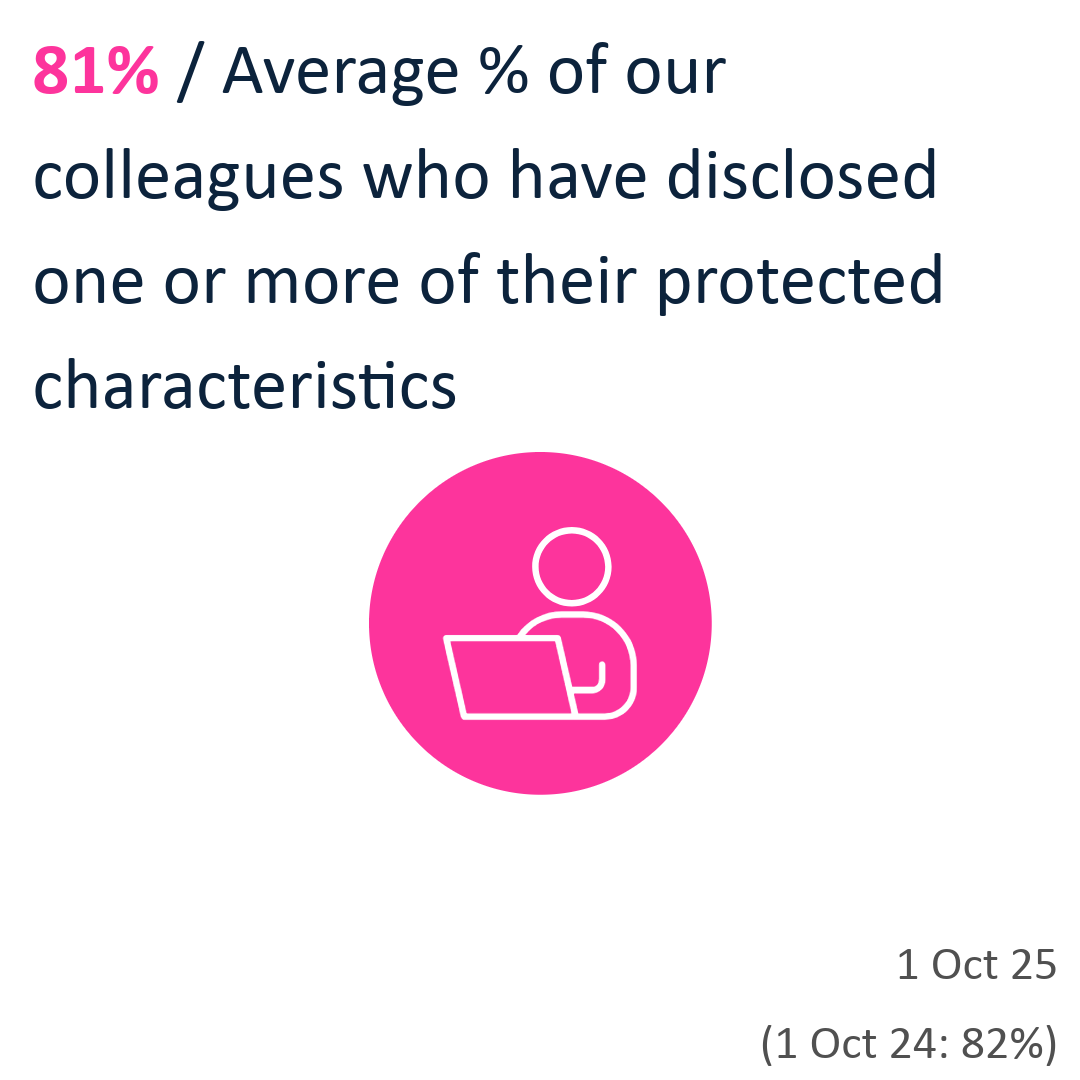
Highest ethical and quality standards
At KPMG we are committed to acting responsibly and taking accountability for the way we do business, which includes ensuring that the work we carry out is of the highest ethical and quality standards.
We have taken a series of steps to transform the way we govern our business to build trust. We’ve also increased Partner accountability.
How we’re transforming the way we govern
our business
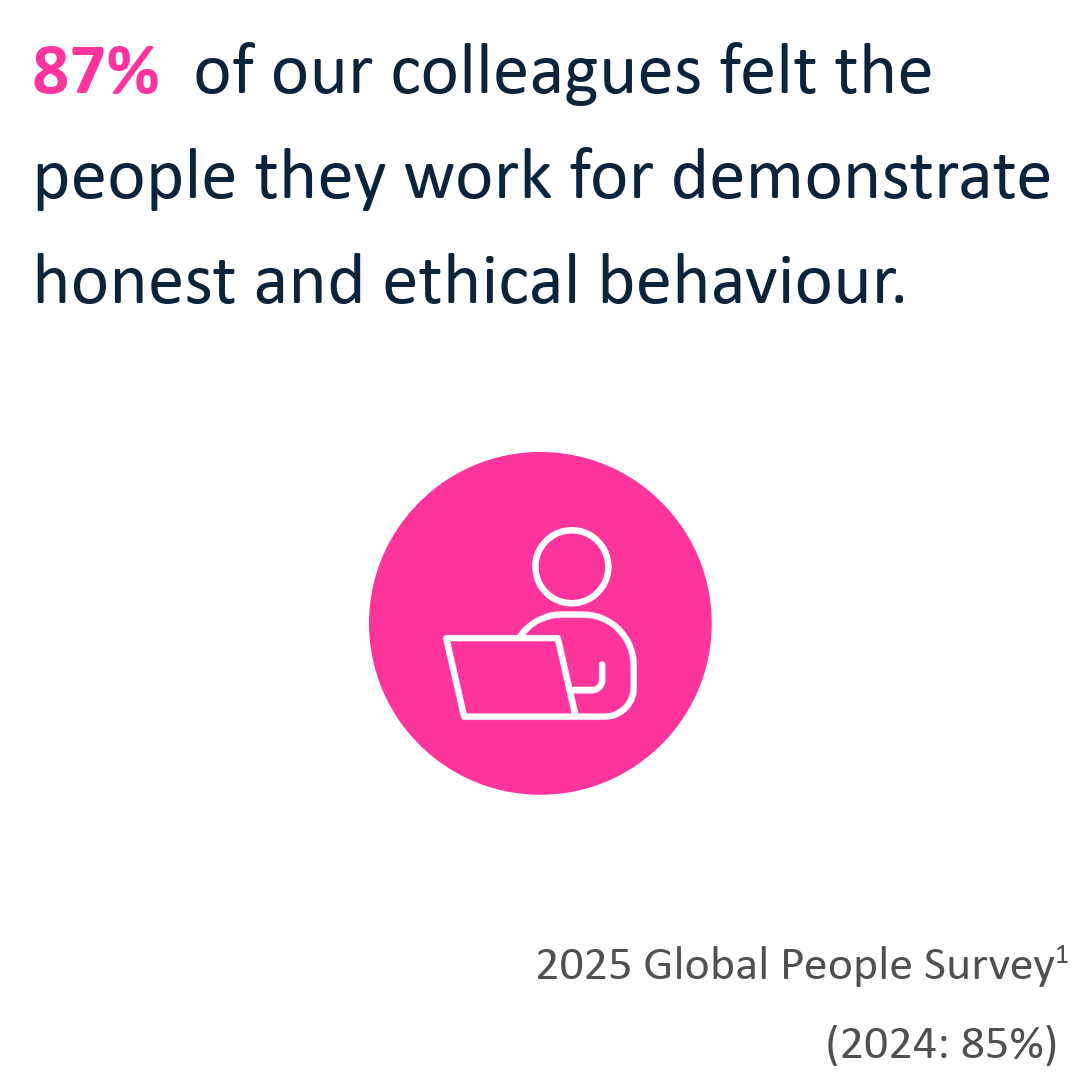
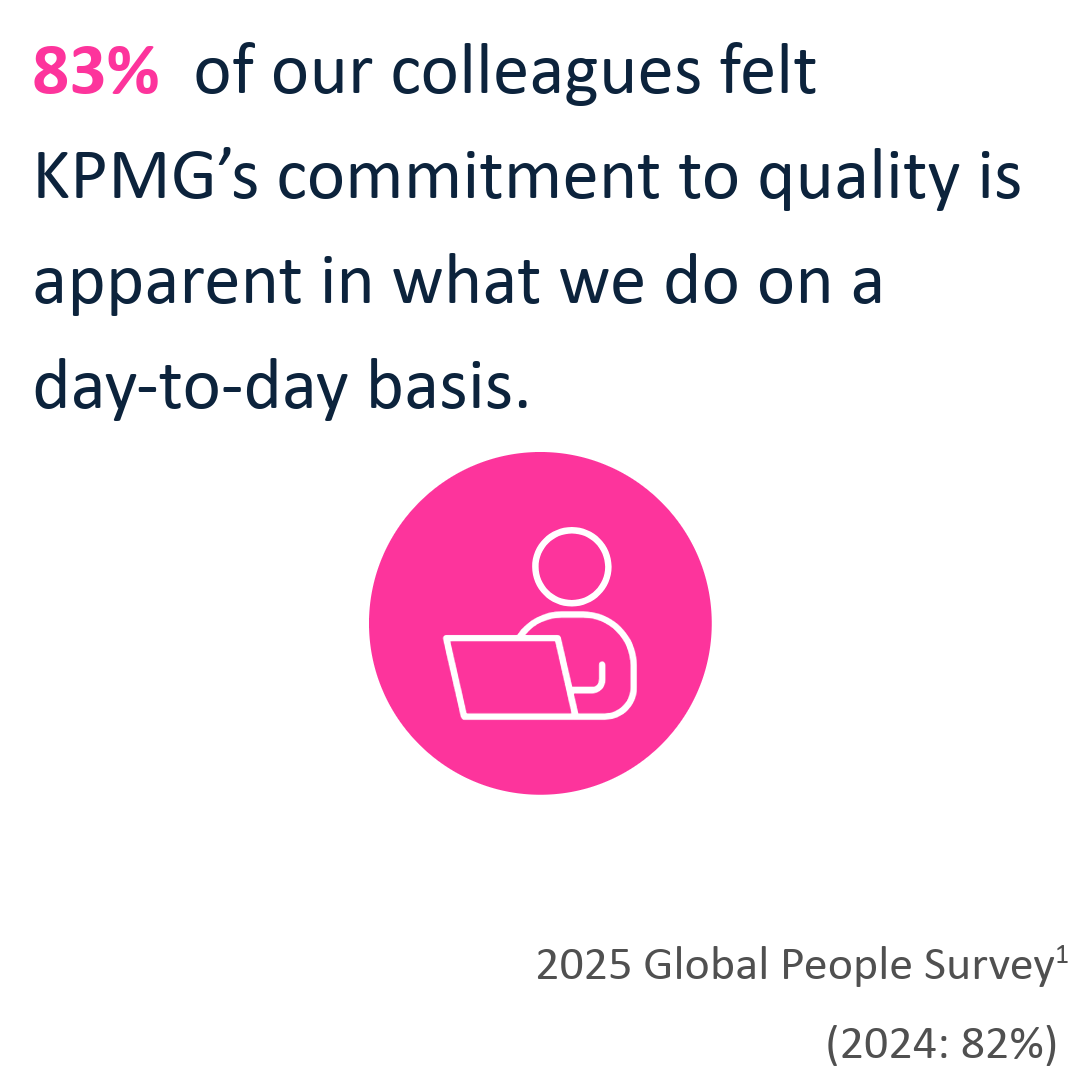
Listening, learning and evolving
Our Executive Committee are accountable for ensuring that our culture continues to evolve and that our culture ambition is being met, however all of our Partners and colleagues have a part to play in shaping our culture. We listen to all our stakeholders to learn about what we do well and identify areas we need to address.
To understand our people’s views we hold an annual Global People Survey, regular pulse surveys and Open Forum sessions with Executive Committee members throughout the year. Our leadership also regularly engage with our Employee Business Forum, Employee Networks, Shadow Boards and Ethics Champions to listen to the lived experiences of our colleagues.
Our Culture Steering Group, comprised of Board and Executive Committee Members, meet on a quarterly basis to discuss culture metrics aligned to our culture ambition. Our Chair and Chief Executive’s performance and remuneration is based on a balance of trust and growth metrics. Their goals are shared with the partnership for transparency.
As well as our Board measuring our progress against our culture plan, we’ve continued to work with the Institute of Business Ethics who have reviewed how we have executed and can evolve our firm’s ethics programme. Our Public Interest Committee, chaired by Lord Evans of Weardale, provides independent challenge and reviews our progress against our culture ambition, as part of their remit.
¹2025 Global People Survey data is based on 10,362 colleague responses. 2024 Global People Survey data is based on 10,805 responses.

Hearing directly from our people
We recognise that our culture needs to evolve, therefore listening, learning and evolving is central to our culture programme. We want to know what’s working well, what could be improved and what matters most for our people?
In addition to our annual global people survey (GPS) and pulse surveys, we have a programme of face-to-face engagement, including:
Doing work that matters
Our work matters to our clients, to our people and to the communities in which we operate. We are committed to working with the right clients and to making a positive impact on society. And we want everyone at KPMG to feel inspired and engaged by the work they are doing.
Our employee proposition, Our KPMG, sets out what it means to be part of our firm and the sort of organisation we are aspiring to build together. It’s how we want everyone to experience and contribute to life at KPMG.







